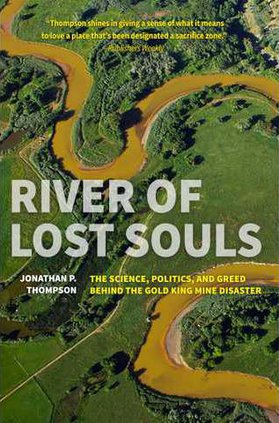Robert Newland was convicted in 1987 and sentenced to die for the slaying of Carol Sanders Beatty, 27, a former state and national amateur diving champion who was killed in the garden of her St. Simons Island home.
Newland's attorney Brian Kammer said in court filings that he would ask the Georgia Board of Pardons and Paroles in a closed-door meeting Monday to commute the sentence to life in prison with no chance of parole. He said Newland is remorseful and that the crime was a result of alcohol and drug abuse.
He also asked the Georgia Supreme Court to strike down the sentence on grounds that the punishment is disproportionate and arbitrary.
Authorities said Newland went to Beatty's duplex on May 30, 1986, after a night of heavy drinking and tried to kiss her. When she refused his advances, scratching and slapping him, he drew a knife and slashed her neck and stabbed her repeatedly.
Police soon found Beatty laying in her garden and rushed her to the hospital. A doctor noticed she was moving her lips to try to say something, but couldn't pronounce the words.
He summoned a detective, who asked her if she was saying "Bob." She nodded her head. When asked the last name of her assailant, the detective ticked through the alphabet. When he reached "N'' she "nodded her head vigorously," and squeezed his hand, court documents say.
She ended up spelling out "N-E-W-L-A" and when the detective asked if the last name was Newland, she nodded again and squeezed his hand. She would die hours later.
Newland, meanwhile, ran to the home he shared with a girlfriend, prosecutors say. He washed himself off with a house and tried hiding in a small attic space, they say, but authorities soon apprehended him.
He told police after his arrest he "grabbed her and I threw her down and somehow the knife came in my hand and started stabbing her."
"I was drunk, I don't know why I did it," he told authorities. "I had no reason for it."
A jury found Newland guilty of murder and aggravated assault with intent to rape in August 1987 and recommended he be sentenced to death. Several rounds of state and federal appeals have since upheld the conviction and sentence.
Newland's attorneys argued that the confession was involuntary and that he was coerced. And his appellate attorneys contended that Newland had ineffective counsel because his trial lawyer failed to convince the court that the confession was inadmissible.
But state and federal courts concluded the court had properly followed Georgia law and found no "constitutional deficiencies" in his trial counsel. The 11th Circuit Court of Appeals upheld the death sentence in a ruling last year, concluding that Newland confessed to the killing.
Newland would be the first Georgia death row inmate to be executed this year.
Jack Alderman was put to death in September for the 1974 murder of his wife in Chatham County.
Troy Davis was scheduled to be put to death in October for the 1989 murder of a Savannah police officer, but a federal panel stayed the execution. His case is still pending in federal appeals court.




